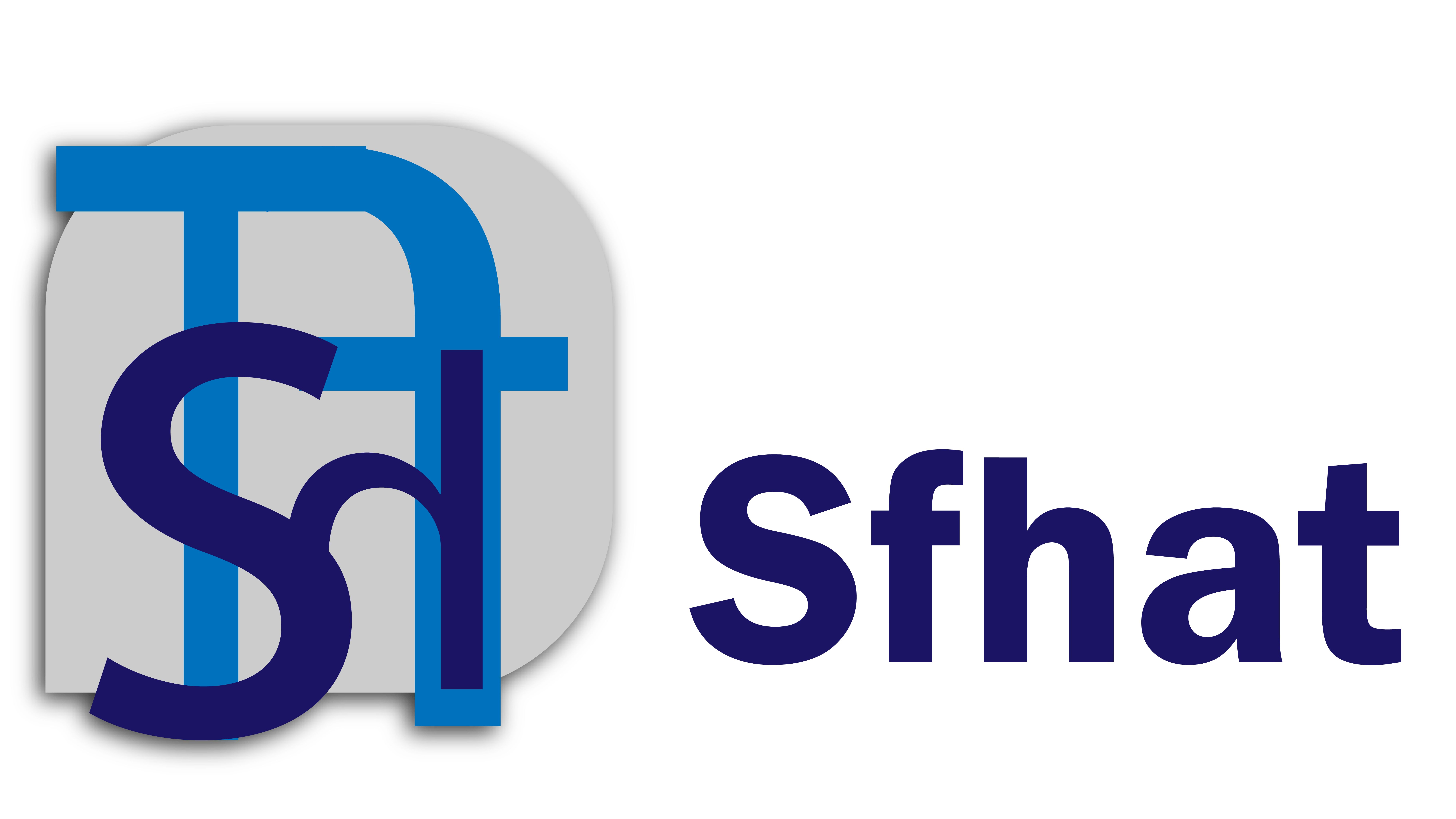Assignment ghostwriting is really a controversial training when persons or agencies are chosen to create academic jobs with respect to students. This market has flourished because of the raising needs placed on pupils, coupled with the stress to achieve academic success. These ghostwriters, usually freelance authors or academic professionals, are tasked with performing projects ranging from documents and study papers to dissertations and theses.
One of the major reasons for the prevalence of assignment ghostwriting is the academic stress confronted by students. Many pupils battle to harmony numerous commitments, such as coursework, part-time jobs, and extracurricular activities, causing them with restricted time to complete assignments. Such cases, students may possibly change to ghostwriting solutions as a remedy to meet up deadlines and maintain their academic performance.
But, assignment ghostwriting improves significant ethical considerations within the academic community. By outsourcing their responsibilities, students undermine the integrity of their education and bargain the rules of academic integrity and integrity. Ghostwriting not only deceives educators but additionally deprives students of the opportunity to develop critical thinking, study, and writing abilities needed for their academic and skilled growth.
More over, assignment ghostwriting perpetuates academic dishonesty and undermines the worth of academic credentials. When students submit ghostwritten projects as their particular work, they misrepresent their information and skills, potentially ultimately causing unfair advantages around their peers. That training erodes the reliability of academic institutions and devalues the degrees attained by pupils who uphold academic integrity.
More over, assignment ghostwriting creates problems for teachers assigned with evaluating student efficiency and sustaining academic standards. Determining ghostwritten tasks could be hard, particularly when ghostwriters target their work to simulate the publishing fashion and academic degree of the student. This cat-and-mouse sport between teachers and ghostwriters generates a continuous problem in keeping the strength of academic assessment.
Furthermore, assignment ghostwriting has broader implications for culture, because it undermines the value of training and plays a role in a lifestyle of dishonesty and deceit. When pupils prioritize qualities over understanding and resort to dishonest way to obtain academic achievement, they perpetuate a pattern of cheating that erodes trust and reliability in academic institutions and skilled fields.
In reaction to the honest issues encompassing assignment ghostwriting, instructional institutions and policymakers have applied steps to stop and fight that practice. These methods may include academic integrity procedures, honor rules, plagiarism detection software, and academic campaigns targeted at selling honest conduct and responsible academic conduct among students.
Ultimately, approaching the issue of assignment ghostwriting involves a complex approach involving cooperation between pupils, educators, academic institutions,作业代写 and policymakers. By fostering a tradition of academic strength, selling critical thinking and study abilities, and giving help companies to help pupils manage their academic workload, stakeholders can work together to mitigate the prevalence and affect of assignment ghostwriting on the academic community.


Leave a Reply